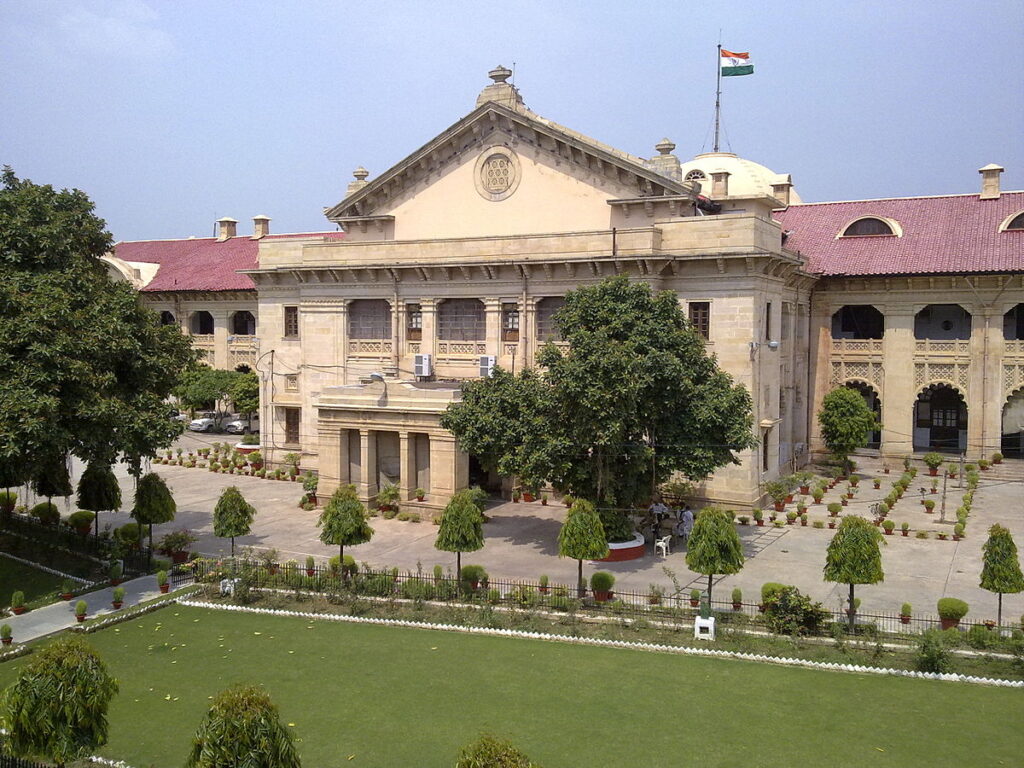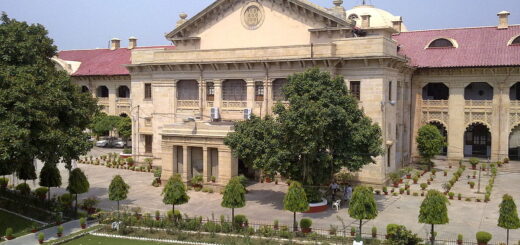The Allahabad High Court stated that accusing an employee of “absconding” from their duties creates a negative impression and cannot be made without providing a fair chance for the employee to defend themselves.

The Allahabad High Court ruled that labeling an employee as having “absconded” in an official document creates a negative impression, suggesting the employee intentionally abandoned their duties. The Court emphasized that such a statement could harm the employee’s reputation and should not be made without allowing the employee a chance to explain their situation. The case involved a petitioner who applied for a Dental Surgeon position in the Uttar Pradesh Department of Medical Health and Child Welfare. After being selected, the petitioner enrolled in a post-graduate program in Nagpur in 2019 and requested study leave, which was denied. The petitioner then filed a Writ Petition against this denial, which the Court addressed by instructing the Department to review the petitioner’s request. However, the Department rejected it, stating that the petitioner, being on probation, was not eligible for study leave.
While this issue was ongoing, the petitioner tried to report for duty in December 2021 but learned that his employment had been terminated in November 2021. The termination notice accused the petitioner of “absconding,” claiming he had reported for duty and then taken unauthorized leave the next day. Justice Alok Mathur remarked that saying someone has “absconded” implies they intentionally left their responsibilities without proper procedure, which negatively affects their reputation. He stated that such an accusation should not be made without giving the employee a fair chance to defend themselves.
The Court noted that the respondents did not adequately assess whether the petitioner’s role was temporary before issuing the termination order. Since the petitioner held a permanent position, the Court decided that his service could not be classified as temporary and was not subject to the termination rules from 1975. Consequently, the termination order was ruled as “illegal and arbitrary” and was annulled. Advocate Sachin Upadhyay represented the Petitioner, while Advocate Ashok Shukla represented the Respondents. The petitioner challenged the termination, claiming he was not a temporary employee and therefore not bound by the Uttar Pradesh Temporary Government Servants (Termination of Service) Rules, 1975. He also argued that labeling him as having “absconded” was damaging and that he was not given a chance to defend himself, which violated his rights under Articles 14 and 16.
In contrast, the respondents argued that the petitioner had indeed absconded during his probation, which justified his termination under Rule 3 of the 1975 Rules. They claimed that his actions constituted misconduct, making the termination valid. The Court highlighted the necessity of due process in cases that could harm an employee’s reputation, such as accusations of “absconding.” It referenced previous rulings that mandated giving the employee a chance to respond before such claims were made. The Court stated, “In this case, no show cause notice or opportunity was provided to the petitioner, and thus, an order that casts stigma on him could not be issued, making it illegal and arbitrary and liable to be set aside.” The High Court, based on these findings, ordered the respondents to restore the petitioner’s job along with all benefits, thus approving the writ petition for the petitioner.
Cause Title: Dr. Prabhanshu Shrivastava v. State of U.P. & Ors., [2024:AHC-LKO:75519]
Appearance:
Petitioner: Advocates Sachin Upadhyay, Shivendra S Singh Rathore, Shivendra Shivam Singh Ra Respondents: Advocates Ashok Shukla, Raj Kumar Upadhyaya









